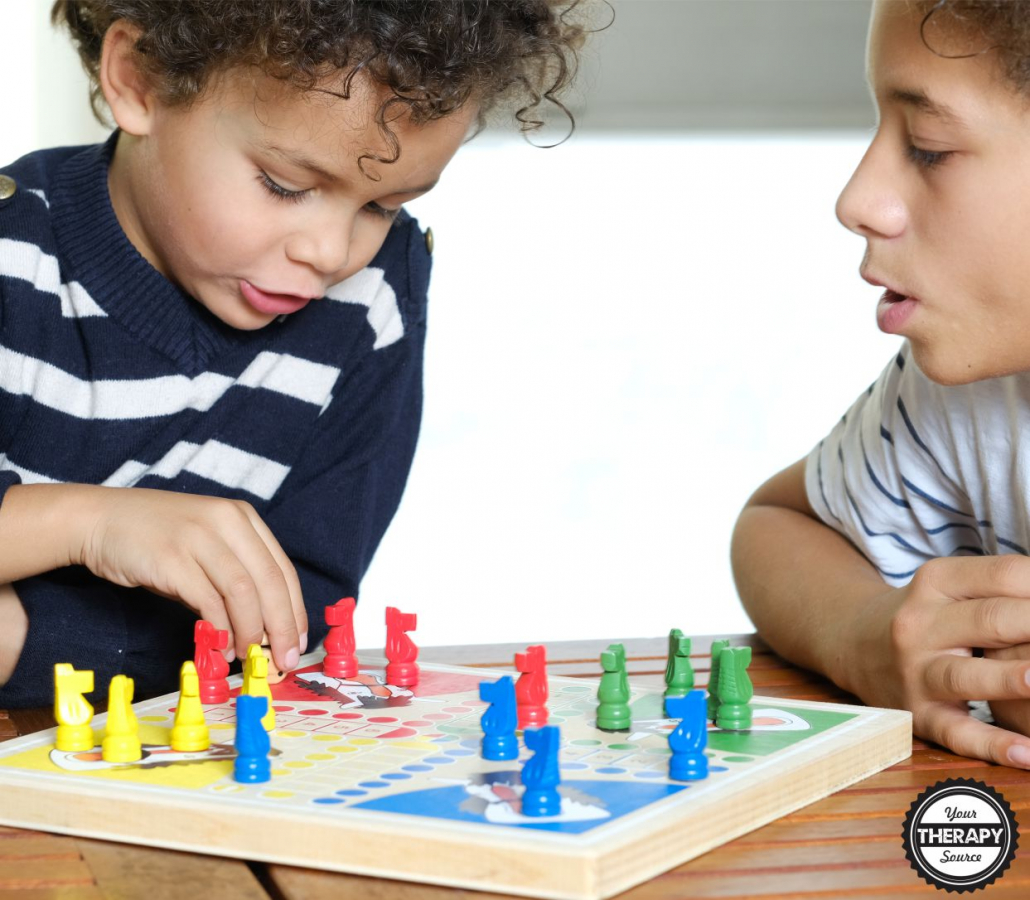Benefits of Board Games
Have you ever stopped to consider how many benefits of board games there are for children? It is somewhat surprising how a set of simple game board, dice, a deck of cards and tokens can have big effects on the growth of a child. What is more surprising is that, game boards that are designed for entertainment actually help children in their social and educational development. Some game boards are not necessarily but they can be used as tools to teach specific skills.

Boards Games are the Best – What are the Benefits of Board Games?
There are numerous benefits of playing board games. To begin with board games create a reason to gather family or friends together to play. While there are other activities such as playing outside, watching television and eating meals, that can bring friends together, board games have that special capacity to help social connection and encourage fun! Since the aim is not to teach and the setup can be informal, playing board games together does not have to be intimidating or difficult.
Just by virtue of playing the game, children learn the value of patience, verbal communication and interaction with others, thus developing their social skills even further. By learning how to wait for their turns, board games can also help a child to develop self-regulation skills, focus and lengthen attention span.
When a child learns how to follow the simple rules of the board game and finds it logical and reasonable, it is wonderful practice for following the rules during everyday life.
We all know that children take winning and losing seriously. That is why when they win, they feel happy and proud; when they lose, they experience disappointment. Help the children to articulate these feelings when they win or lose and relate those emotions to real life situations.
While managing happy emotions can be easy, dealing with disappointments can be hard at time. Nonetheless, the idea of losing and winning and the emotions that are felt along with these have positive effects on the child so carry over the lessons learned into everyday life.
As it has often been said, learning does not simply materialize within the four corners of the classrooms. Children must be exposed to a lot other factors that can stimulate the learning process. Board games can help teach many skills.
What Skills Do Board Games Teach?
The benefits of board games are many but one important benefit is that they can actually teach children skills such as:
- basic math skills such as number recognition, counting, and arithmetic.
- self-regulation – children have to wait their turn.
- personal space bubble – children have to stay in their area while they take turns or wait to take a turn
- literacy skills such as letter identification, sight words, reading, and vocabulary.
- deductive thinking
- problem solving
- visual perceptual skills
- reasoning
- strategic planning
- social skills
- fine motor skill development – holding and moving game pieces around the board
- gross motor skill development – some games require physical activity like Twister.
The board games are not only meant to be played during free time but they can also be integrated into the classroom setting. Take for example some class activities in specific subjects wherein the facts utilized in the game have something to do with the current lessons. The popular educational games also make learning more fun especially for the kids.
When educational games are integrated into the children’s learning process, they obtain a mindset that clearly speaks about how fun it is to learn.
Appropriate Board Games By Age
Board games are available now in many varieties of designs and styles. It can be hard to decide which board game is best. To fully experience the benefits of board games, it is helpful for them to be age appropriate. Remember every child is different so it really depends on the overall goal you are hoping to achieve with board game play. Don’t just go by age ranges on the boxes.
Board games for children three years old and up can focus turn taking, the recognition of letters, colors, numbers, and shapes.
As children get older, around six to nine years of age, you can start to use board games that are more complex. Add games that include rules to follow and strategies to apply. Some suggested games are card games, Uno, Checkers, and Dominoes.
For the nine to twelve year old range, introduce games games that require more thinking. Try out Clue, Chess, and Game of Life.
When children reach thirteen years of age and up, games that involve the use of logic, mathematical skills, and a lot other complex strategies are fun to play. Scrabble, Chess, and many others may be beneficial.
Educational board games are both for the young and adults. After all, learning does not comprise an age bracket. There is always a time to enhance your skills!

Fun Board Games for Kids You Can Use Right Now
If you need fun board games right now, check out all of these options that you can download. Get your kids playing and learning today!



